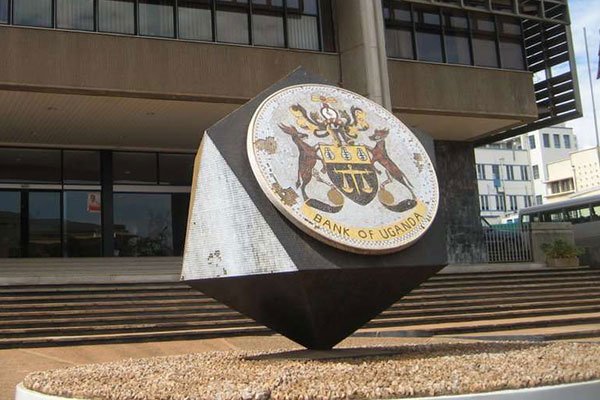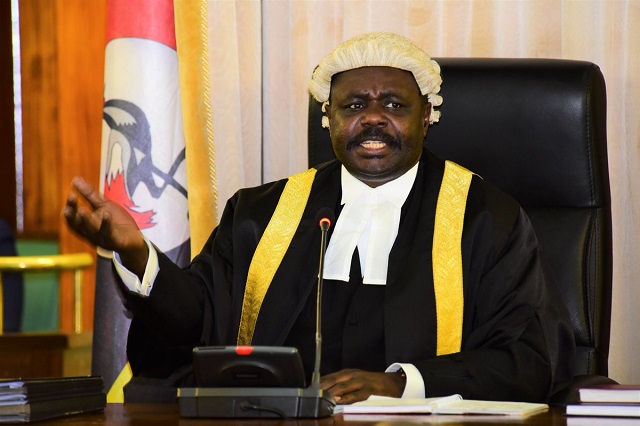Uganda’s public debt has risen to 73.8 trillion shillings (about 20.8 billion US dollars), according to provisional figures at the Bank of Uganda up to the month of October 2021.
By the end of June 2021, the Ministry of Finance, Planning, and Economic Development reported that the debt had gone up by more than a quarter to 69 trillion shillings (19.5 billion dollars) over the previous year.
Now, the increase from the end of June to October last year was mainly attributed to the 5.9 trillion-shilling debt that the government acquired from the domestic market. This means that currently, for every one Ugandan, the government debt amounts to 1.53 million shillings, based on today’s population estimates by global demographic centres. Macrotrends.net and Worldometers.info put Uganda’s population at 48 million as of Thursday.
The ministry attributes this sharp rise in the national debt stock to the Covid-19 crisis, which it says, has exacerbated Uganda’s fiscal position and development needs.
The total external debt exposure (outstanding stock of disbursed debt and committed but not yet disbursed debt) accounted for 62 percent of the total public debt in October 2021.
The outstanding stock of disbursed external debt amounted to 12.8 billion dollars, while that not yet disbursed was 4.3 billion.
The increase in disbursed external debt was largely due to increased budget support inflows from multilateral creditors. These were particularly the World Bank’s International Development Association, IDA, whose total outstanding debt to Uganda is now 4.5 billion, and the African Development Fund, (ADF), as well as project support inflows mainly from African Export-Import Bank.
China remains the biggest bilateral (country) lender to Uganda with her debt now amounting to 2.55 billion dollars followed by Japan and the United Kingdom.
Afreximbank, Stanbic, and Standard Chartered Bank are the country’s top private creditors to the government.
While the official figures show the total debt to GDP ratio slightly below 50 percent, analysts say it does not give the entire picture.
The Uganda Debt Network (UDN) says the statistics only show debt acquired mainly through loan requests, leaving out other government financial obligations, like legal fines and penalties, compensations, and other commitments, which, they say takes the ratio beyond 50 percent mark.
UDN also warns that the burden is not only increasing through more loans but the rising cost of finance too.
“The average interest rate on external debt increased to 1.4 percent in 2020 from 0.8 percent previously mainly as low-cost term loans reduce alongside a reduction in the grant element in the new loans. The average repayment period is also reducing,” says UDN in a statement.
The lobby group stresses the need to focus on domestic revenue mobilization through widening the tax base, using digital technology to raise collection levels and closing leakages, and redirecting public spending to better priorities.
The Ministry of Finance maintains that Uganda’s debt is quite sustainable and is among the safest in the region.
“Some people have portrayed a picture that Uganda has over-borrowed. That’s not true. Our Debt-to-GDP ratio is among one of in the region, but we want to keep it within our Chatter of Physical Responsibility which we have already gotten through parliament,” says Ramathan Ggoobi, the Permanent Secretary at the Ministry of Finance.
Ggoobi says that they will go for more concessional loans. “We are going to borrow largely concessional or longer-dated commercial in order to reduce the refinancing risk,” he says.
In his statement on the commencement of the 2022/23 budget process, Finance Minister Matiya Kasaija partly blamed the rise in debt on the frequent supplementary budgets, some of which, he said, could be avoided.
“How do you bring a supplementary budget request for an international conference which you have expected to host for two years?” he wondered.

















